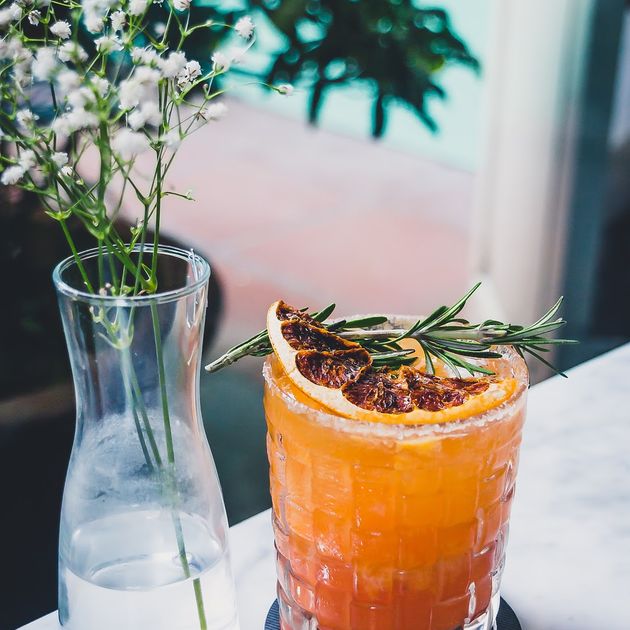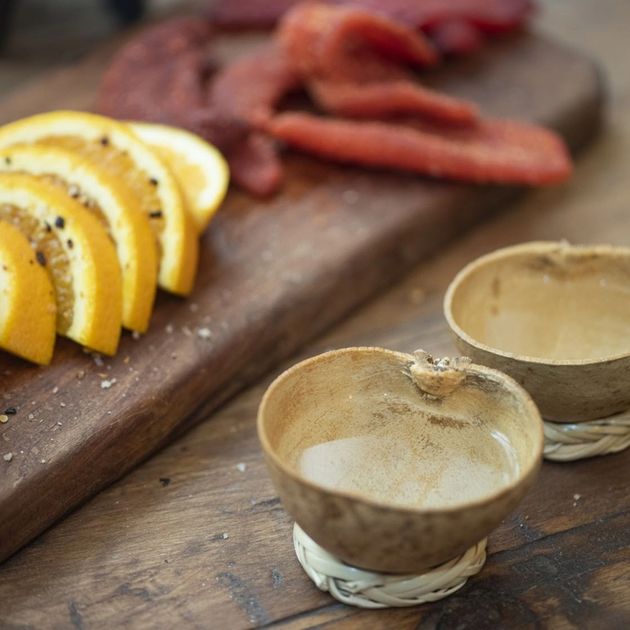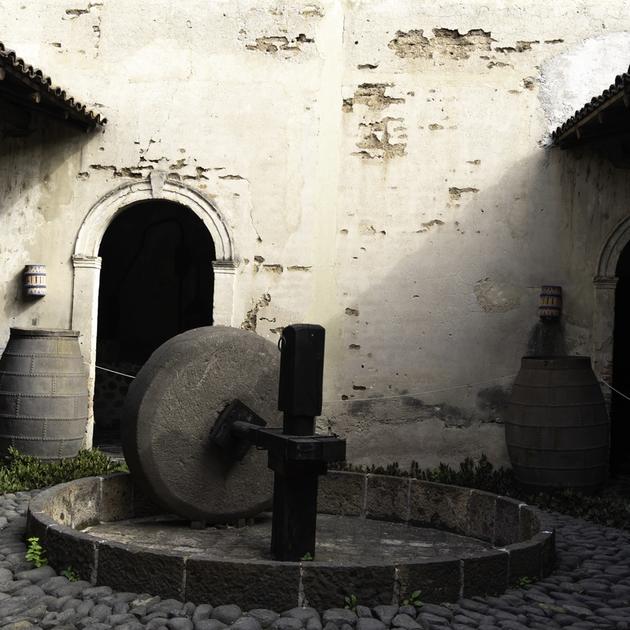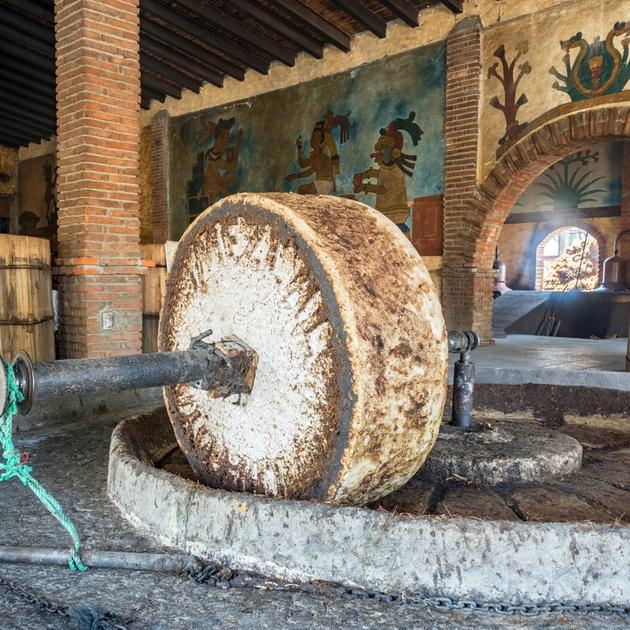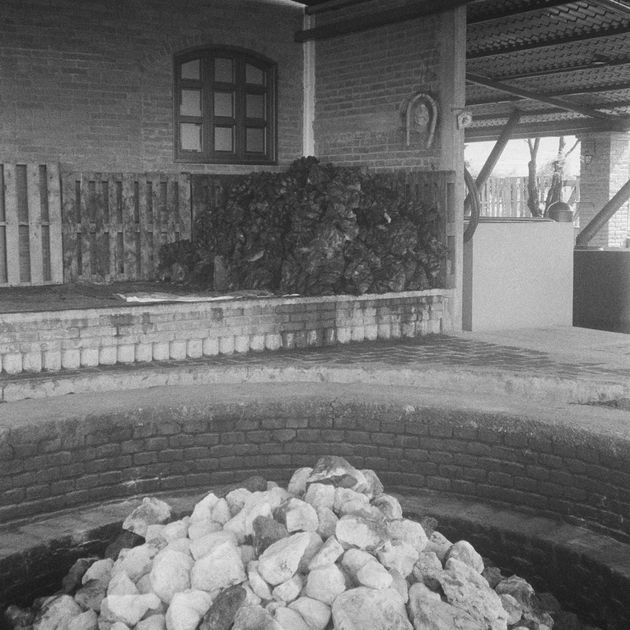Alright, let’s do it. Here’s why Mezcal Rosaluna’s organic certifications are showing the competition who’s boss!
What’s in a Name?
You know that one friend who always touts the benefits of eating all organic produce and animal products? You think, “Maybe that organic label is just a clever ruse to get us eco-conscious millennials to pay more for a carton of eggs,” but it turns out your friend actually has some very good reasons to be picky.
If a produce sticker bears the “organic” label, this means it meets the USDA organic standards. The standards dictate that the produce must not have been grown with prohibited substances such as most synthetic fertilizers and pesticides, and genetic modification or engineering must not have been implemented. The rule of thumb is that synthetic substances aren’t allowed unless otherwise approved, and natural substances are sanctioned unless specifically prohibited.
Synthetic pesticides were designed to poison the invasive insect species plaguing crops, so it makes sense that they’ve been linked to numerous health issues in humans. Organic crops also refrain from using sewage sludge as fertilizer and irradiation. Now, we don’t know if you’re like us, but we’d rather catch our radiation from the sun (with sunscreen on, of course) and leave our precious food to do the same.
Spot the Difference
You may be wondering if there’s really such a thing as organic alcohol. Well, if you think about it: alcohol is made from crops, so yes, luckily there is! We’ve covered the difference between USDA certified organic and non-organic produce. Let’s move onto the more important stuff—booze.
Fruits and veggies that are not organic are genetically modified to be bigger, seedless, resistant to certain herbicides, etc. In the alcoholic realm, chemicals can be used to accelerate the growth process of crops used for making alcohol, like the agave plant from which Mezcal and tequila are derived. To produce an organic mezcal is to avoid all such chemicals and additives along each step of the production process, resulting in a pure and unsullied spirit. Yes please.
It Only Takes a Taste
Have you ever had a home-grown tomato? If you have, we’re sure you immediately noticed the difference. There’s something about that organic process that preserves the integrity of a fruit or veggie. It’s thick, juicy, and totally different from its watered-down, pesticide-riddled counterpart on the grocery store shelf. A crop’s purity is preserved through minimal interference during its growth process.
The best part of organic Mezcal is there are zero downsides to drinking it, compared to the inorganic variety. Seriously. There’s no “healthy” taste, even though it’s better for you. In fact, there’s been a lot of buzz around organic alcohol for the taste alone. Mezcal is known for its distinct flavor, so just imagine bringing that taste to the next level. Yeah, it’s fire.
Going Green
Now, let’s just stop for a second and say for argument’s sake that your palate can’t taste the difference. Here’s the part where you come for the taste, but you stay for the benefits to the environment. If we’re going to leave this planet better than we found it, organic is the way to go.
Organic farming has many benefits that leave a lasting positive impact, like improving soil fertility and biodiversity. Plus, it helps to limit the pollution of natural water sources. Sounds pretty good, right?
Our planet needs our help to thrive and keep doing its thing, and if drinking delicious organic Mezcal is what we must do, then fine, I guess we’ll do it...! Pass us that bottle of artesenal Mezcal Rosaluna, and we’ll whip us up a couple of Pink Moon Palomas to get started.
Safety First
Let us say it again for the people in the back—no plants are harmed in the making of organic alcohol. No gross pesticides, fertilizers, or chemicals go into those sparkling bottles of organic liquid courage. Just pure unadulterated agave and creative distillation approaches go into the making of an organic Mezcal.
The Morning After
This type of alcohol is gaining popularity, likely for the crazy benefit regarding hangovers. That’s right, let’s talk the morning after!
Since organic spirits are less riddled with chemicals, it’s easy to believe they could deliver a (dare we say) more pleasurable hangover experience. While the science is still a little fuzzy, we’d be willing to take any chance we get to make hangovers more bearable.
It might even be a fun challenge with friends to have your own experiment and see what happens. Be sure to control for things like what you eat and how much alcohol you imbibe, and get your science on. Just be sure to use quality Mezcal from a brand that knows what they’re doing, like our Mezcal Rosaluna. After all, this is science—we don’t mess around.
The Best of the Best
We mentioned Mezcal Rosaluna a few times above, and that’s not by accident. It’s the finest artesenal Mezcal there is, made with only three ingredients: agave, water, and lots of love. It doesn't get much better than that.
We went above and beyond to get that coveted gluten-free certification (GFCO), and our farm (https://mezcalrosaluna.com/the-farm) in picturesque Oaxaca is a single estate one that’s 100% vertically integrated. This allows us to be involved in every step of the Mezcal-making process, from growth and farming to fermentation and distillation. Lovingly crafted and regularly enjoyed by Mezcal enthusiasts across the globe, there’s no bloating or problematic gastrointestinal issues with this low-sugar alcohol. It really is “magic from the earth.”
Still find yourself worried about the environmental footprint of such operations? Fear not, Mezcal Rosaluna is a proudly certified carbon-neutral company. Drinking Mezcal Rosaluna is a choice you can feel good about, ethically and experientially. It’s a premium choice for the Mezcal maniac, the recent margarita convert, and everyone in between.
Sources:
Organic 101: What the USDA Organic Label Means | USDA
Are Pesticides in Foods Harming Your Health? | Healthline
Organic Agriculture: What are the environmental benefits of organic agriculture? | FAO


